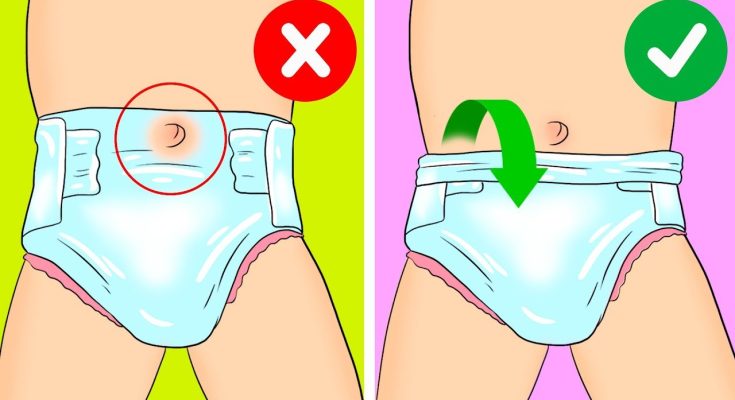Bringing home a newborn is exciting—but it can also be overwhelming, especially if you’re a first-time parent. The good news? You don’t need to be perfect. But learning a few essential baby care skills early on can make a big difference in your confidence, your baby’s comfort, and your overall parenting journey.
Here are 10 baby care skills every new parent should learn to help you feel prepared and empowered.
1. How to Hold Your Baby Safely
Newborns have fragile necks and undeveloped muscles, so supporting their head is crucial. When picking up your baby, always cradle their head with one hand while supporting their body with the other. Whether you’re holding them upright, cradled in your arms, or during burping, gentle and secure support gives your baby a sense of safety and comfort.
Tip: Practice different positions (cradle hold, football hold, upright against your chest) to find what feels most natural for you and soothing for your baby.
2. How to Swaddle Properly
Swaddling can help newborns sleep more soundly by mimicking the snug feeling of the womb and preventing the startle reflex. When swaddling, make sure the blanket is snug around the arms but loose at the hips to prevent hip dysplasia.
Tip: Don’t swaddle once your baby shows signs of rolling over—usually around 2 months.
3. How to Change a Diaper
Diaper changes may seem messy at first, but you’ll be a pro in no time. Check diapers every 2–3 hours or when your baby is fussy. Make sure you wipe front to back (especially for girls), clean all the creases, and apply diaper cream if needed.
Tip: Have all your supplies within reach before you begin—baby wipes, diapers, cream, and a clean outfit, just in case!
4. How to Feed Your Baby
Whether you’re breastfeeding, formula-feeding, or doing both, it’s important to understand your baby’s hunger cues and feeding patterns. Watch for rooting, lip smacking, and hands to mouth. Try to feed on demand in the early weeks and don’t worry too much about a strict schedule.
Tip: Burp your baby halfway through and after feedings to help reduce gas and fussiness.
5. How to Bathe Your Baby
Newborns only need 2–3 baths per week. Until the umbilical cord falls off (usually by 2 weeks), stick to sponge baths. After that, you can use a small infant tub with warm (not hot) water.
Tip: Prepare everything in advance—towel, clean clothes, diaper, and baby soap. Never leave your baby unattended, even for a second.
6. How to Soothe a Crying Baby
Crying is your baby’s way of communicating. They may be hungry, tired, wet, overstimulated, or simply need to be held. Common soothing techniques include rocking, swaying, shushing, swaddling, or offering a pacifier.
Tip: Try the “5 S’s” by Dr. Harvey Karp—Swaddle, Side/Stomach position (for soothing only), Shush, Swing, and Suck.
7. How to Do Tummy Time
Tummy time helps strengthen your baby’s neck, shoulders, and arms—critical for rolling, sitting, and crawling later on. Start with a few minutes a couple of times a day and build up gradually.
Tip: If your baby fusses, try placing them on your chest or using a mirror or toys to keep them engaged.
8. How to Dress Your Baby Appropriately
Babies can’t regulate their temperature well, so it’s important to dress them in breathable layers. A general rule: dress your baby in one more layer than you’re wearing.
Tip: Feel their neck or chest to check if they’re too hot or cold—hands and feet are often cooler and not the best indicators.
9. How to Recognize Signs of Illness
Learning to spot early signs of illness can give you peace of mind and help you act quickly if needed. Signs to watch for include:
-
Fever over 100.4°F (38°C)
-
Lethargy or extreme sleepiness
-
Poor feeding or fewer wet diapers
-
Unusual rashes or breathing difficulties
Tip: Always trust your instincts—if something feels off, contact your pediatrician.
10. How to Take Care of Yourself, Too
You can’t pour from an empty cup. Sleep deprivation, emotional ups and downs, and physical recovery (especially for birth parents) are all real. Ask for help, nap when possible, and prioritize small moments of rest and support.
Tip: Even 15 minutes to shower, eat, or take a walk can help recharge your energy and patience.



